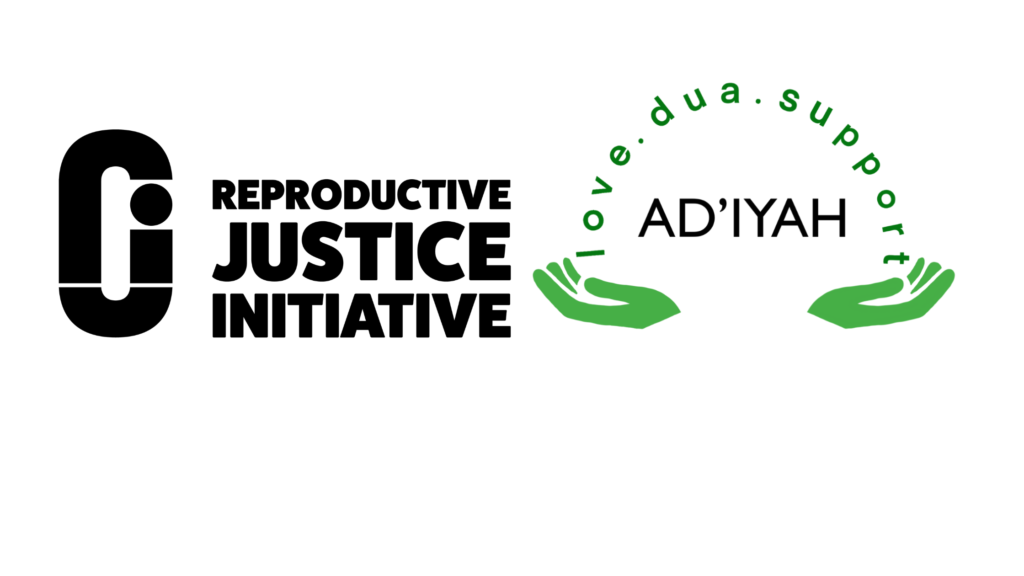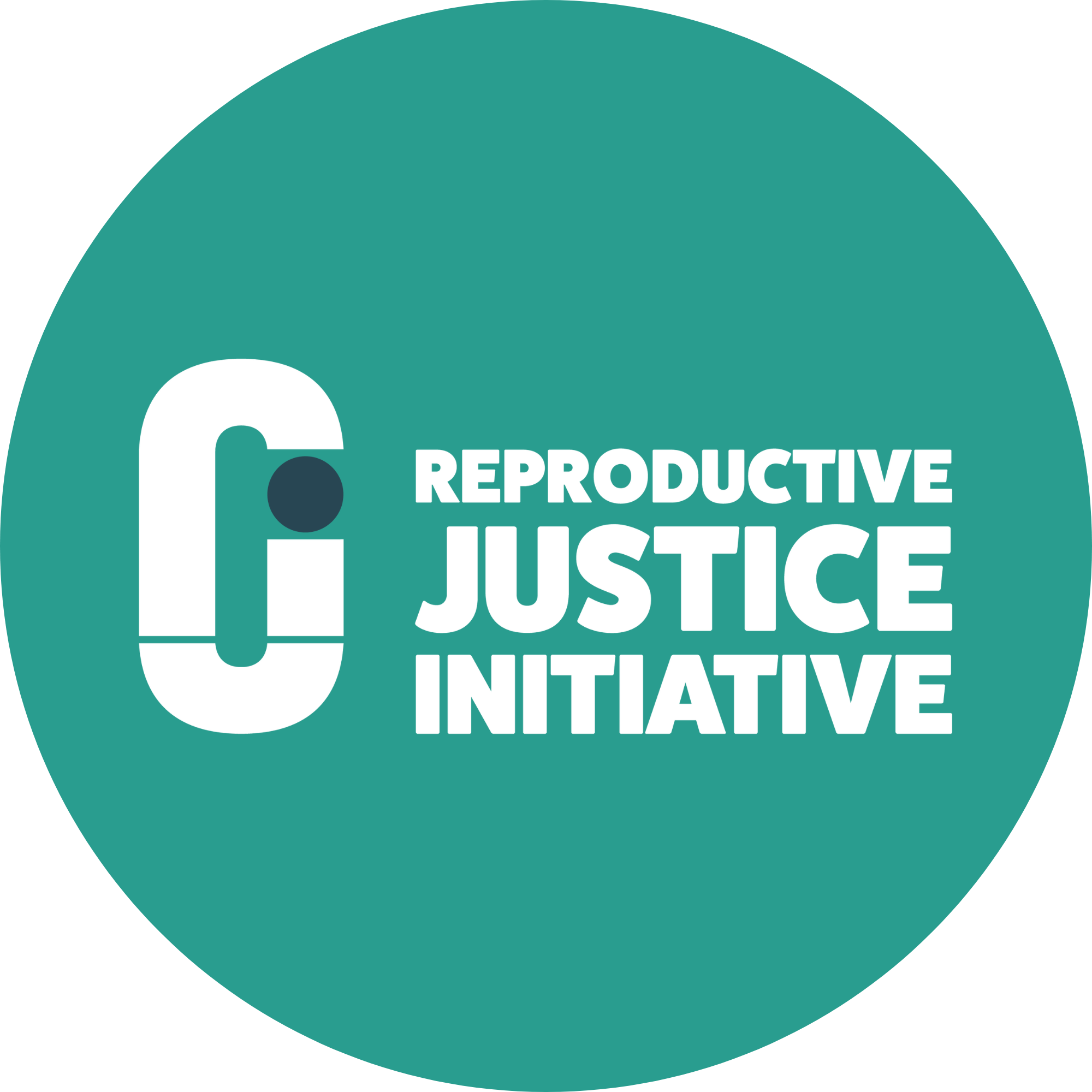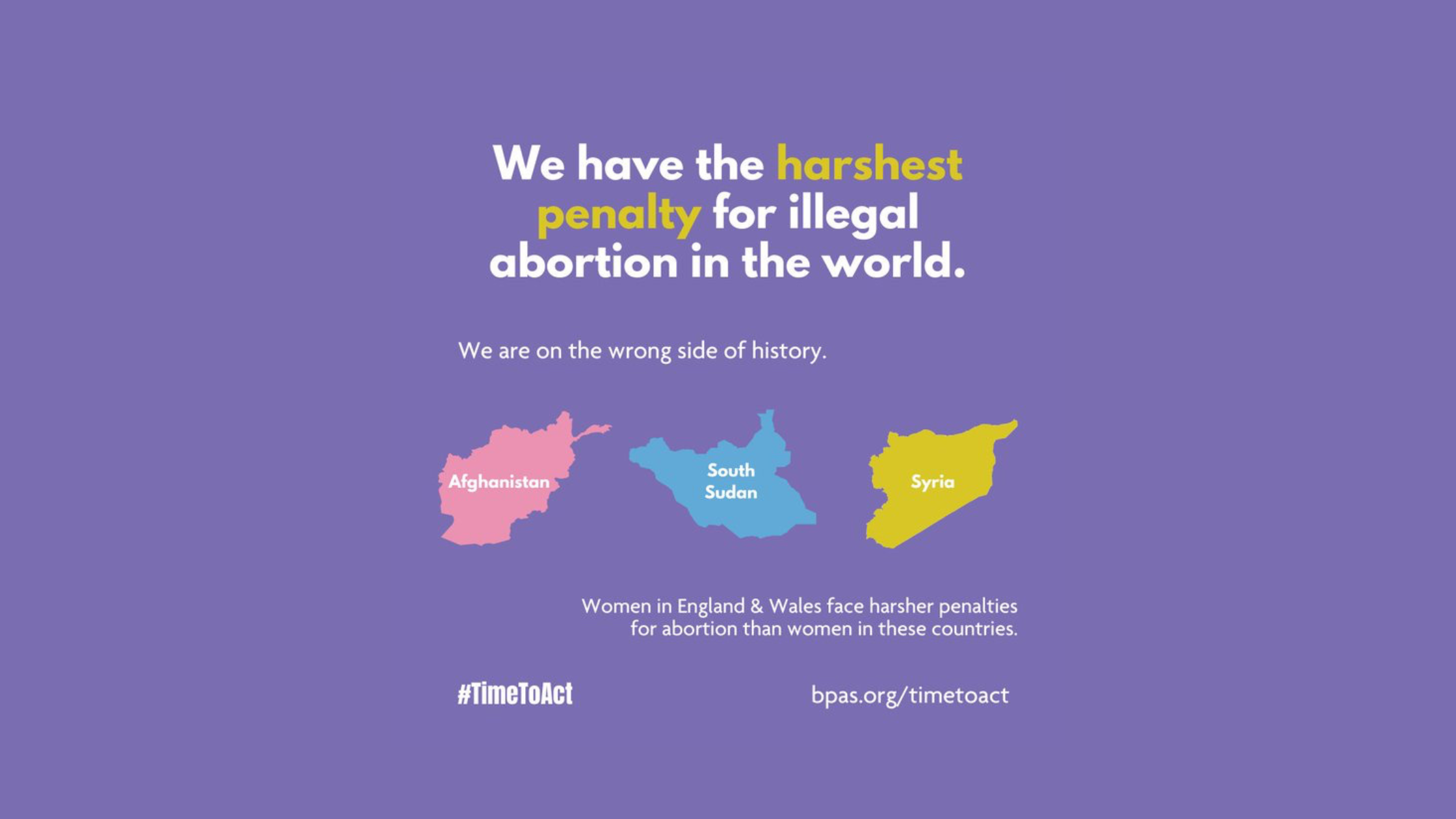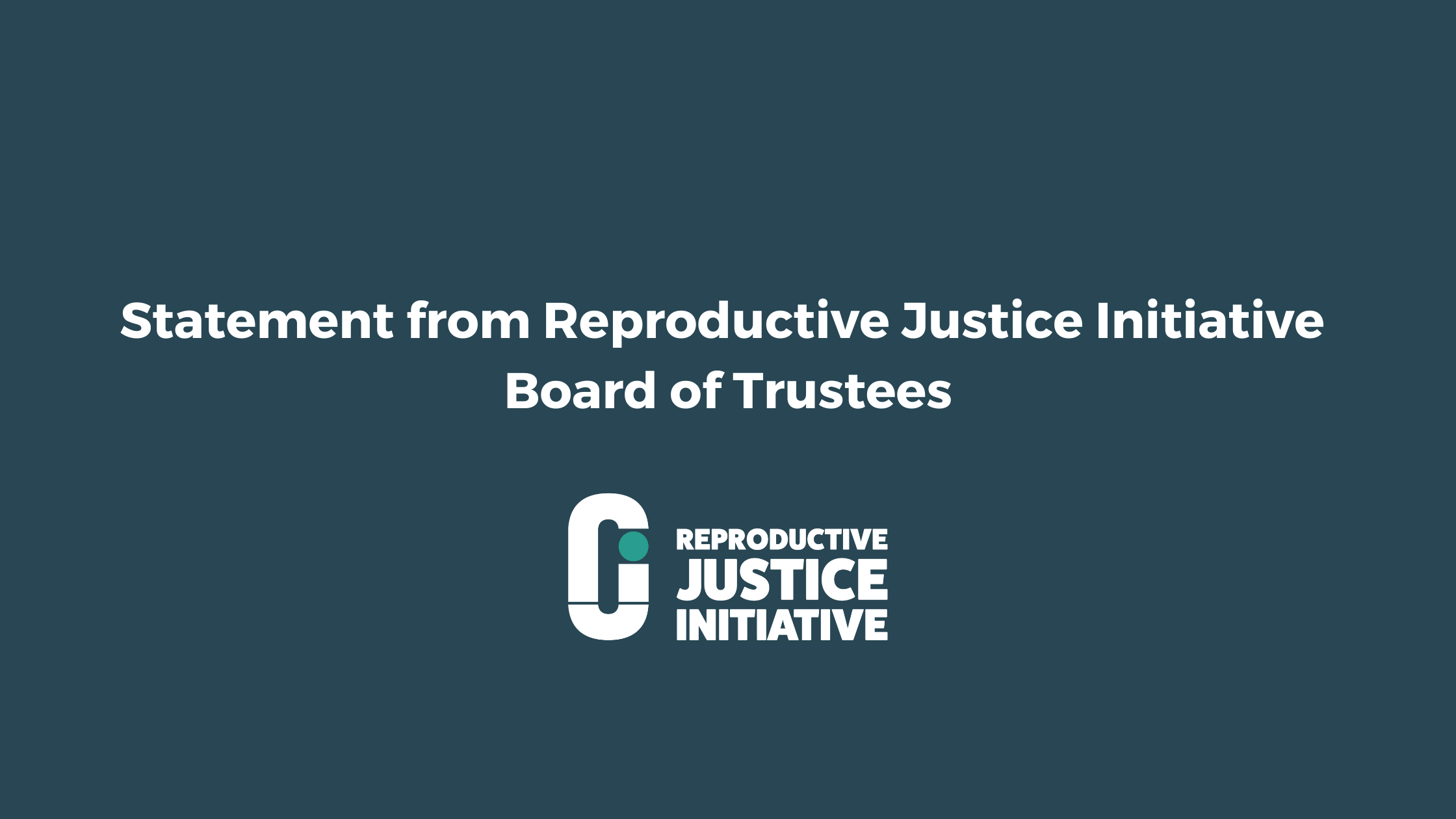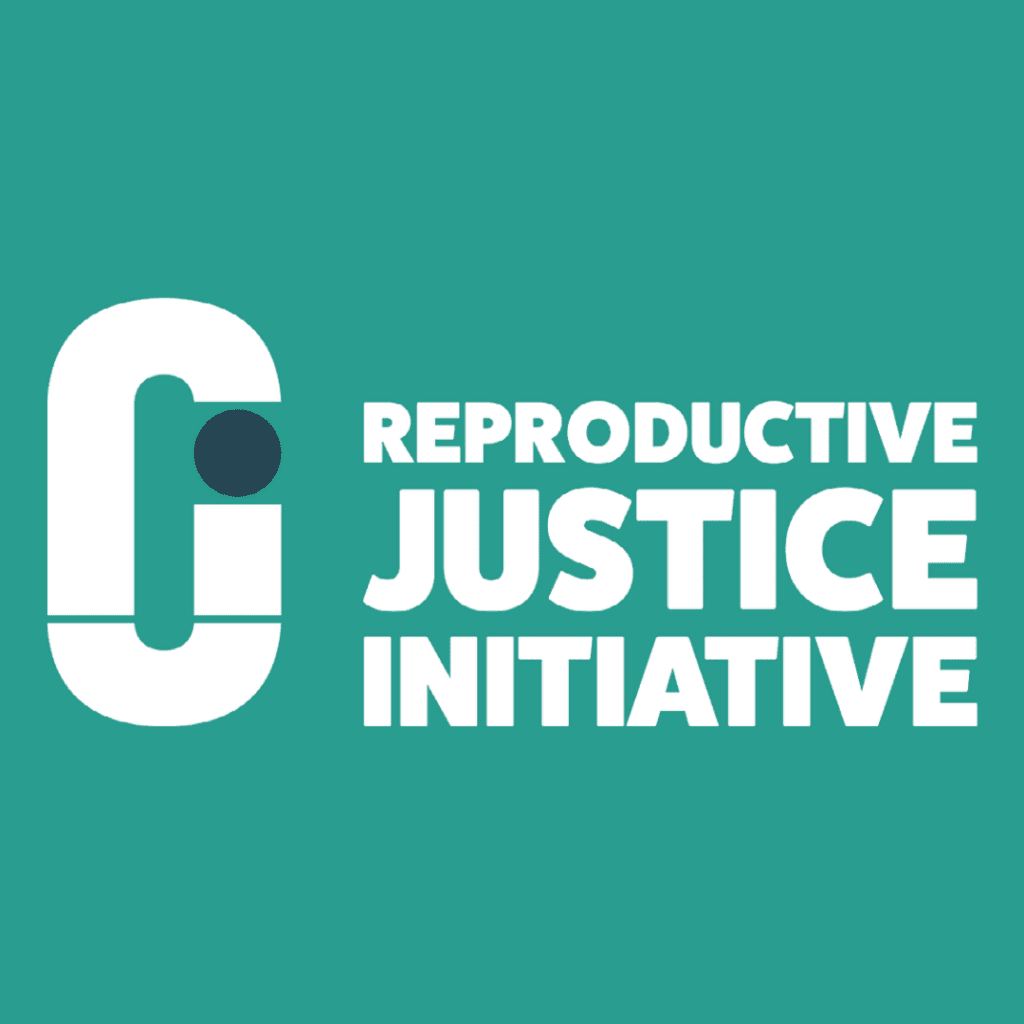On 3 March 2024, the British Pregnant Advisory Scheme (BPAS) published an infographic across their social media platforms to advocate for the decriminalisation of abortion in the UK. The image stated “We have the harshest penalty for illegal abortion in the world. We are on the wrong side of history”. The image was further captioned “Women in England & Wales face harsher penalties for abortion than women in these countries” under an illustration of three countries: Afghanistan, South Sudan and Syria.
At the Reproductive Justice Initiative (RJI) and the Ad’iyah Collective, we unequivocally reject any discourse that perpetuates racist, orientalist narratives that undermine the struggles of the peoples in the Global South. We support decriminalisation of abortion in England and Wales for all and at the expense of no one.
In 2024, we have seen that pervasive Islamophobia, systemic anti-blackness, and global turmoil fueled by Western imperialism persist. The language used by BPAS is another example of deeply racist, Islamophobic and harmful narratives – a continued remnant of an imperial mindset of the British Empire.
We refuse to accept or endorse a language that minimises historical injustices such as the legacy of exploitation and colonisation inflicted by the British Empire in these three countries. The comparison drawn between the UK and these three nations is ahistorical and redundant.
We do not accept a language where women of the Global North are unfairly victims of a mistake in law, whereas people in Afghanistan, South Sudan, and Syria are relegated to the shadows of ‘the wrong side of history’. This framing contributes to Islamophobia and racism, both domestically and internationally.
Using the struggles of the Global South and marginalised communities as a means to further the agenda of privileged groups, such as white feminists, is the epitome of exploitative behaviour. This approach dehumanises and sidelines those who are already marginalised.
Individuals from marginalised and minoritised ethnicities in the UK are also often excluded from policy discussions regarding sexual and reproductive health, despite the communities experiencing disproportionately high rates of adverse outcomes in these areas.
It is deeply concerning that such language is used within spaces that provide reproductive health services and claim to uphold reproductive rights. We can attest that a number of individuals have sought refuge, in our spaces at RJI and the Ad’iyah Collective, after experiencing harm from discriminatory approaches to abortion care at BPAS and other providers.
We demand a public apology from BPAS for their social media communications and use of racist tropes. In 2024, there is no place for such divisive and harmful rhetoric in the reproductive rights movement.
Moving forward, we call on BPAS to decolonise their language and culture to deliver actual inclusive services, research, and advocacy.
Reproductive Justice initiative & Ad’iyah Collective
